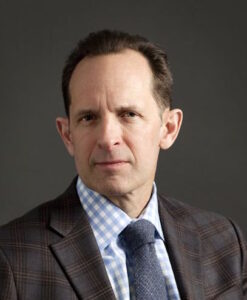 Bonhoeffer’s Search for Theology Grounded in Action
Bonhoeffer’s Search for Theology Grounded in Action
On Thursday, October 8, 2015, Charles Marsh delivered the 14th Annual Prophetic Voices Lecture entitled “Bonhoeffer’s Transformative Encounters with the American Prophetic Tradition.” The event was hosted by the Boisi Center for Religion and American Public Life at Boston College. The Boisi Center website has available an exclusive interview with Marsh, the video and photos of the presentation, a summary of the lecture, and suggested reading related to Bonhoeffer’s experience with America’s faith landscape.
In the interview, Marsh details:
Bonhoeffer is, in a profound sense, a theologian for our time. He speaks to us as a theologian with extraordinary training in not only modern intellectual thought but in biblical studies and in church history. He’s erudite and knowledgeable of the tradition in all of its richness.
At the same time, he’s asking and has the courage to ask probing and disarming questions about what it means to live in a world where we don’t need the idea of God as a hypothesis to resolve most issues related to science and everyday life. What does it mean to think about God at a time when the Western Christian project has become myopic and impoverished?
Bonhoeffer spoke of a world come of age, of a religionless Christianity. He wanted to know how to re-experience the mystery and power of the Gospel in a time when the language of the faith has been so profaned and so misused and eviscerated of mystery and power.
To view the resources related to the lecture, including the lecture and interview, visit the Boisi Center’s website here.
Charles Marsh is the Commonwealth Professor of Religious Studies and the director of the Project on Lived Theology at the University of Virginia. His research interests include modern Christian thought, religion and civil rights, Dietrich Bonhoeffer, and lived theology. His publications include Strange Glory: A Life of Dietrich Bonhoeffer (2014) and God’s Long Summer: Stories of Faith and Civil Rights (1997), which won the 1998 Grawemeyer Award in Religion.
